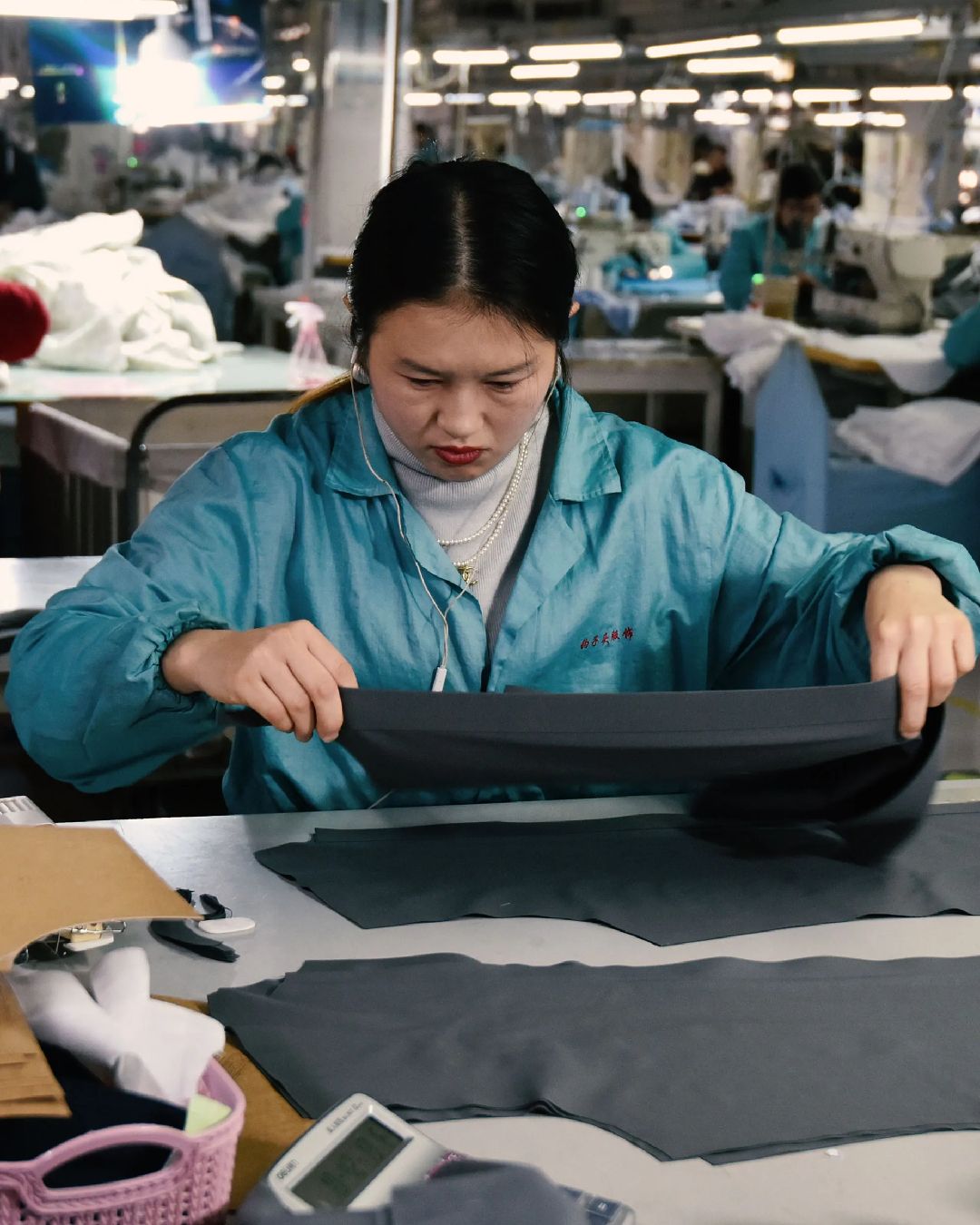
25% of stores in Milan are at risk of closure According to Confcommercio, the fashion industry is the second hardest hit after the transport
The coronavirus pandemic hit the north harder than expected, seizing its institutions unprepared and throwing the commercial and industrial sectors into chaos. Particularly damaged was the city of Milan, the European epicentre of the pandemic, which as the nerve center of Italy's national economy and Italy's window on the continent saw its ascent halted, which, beginning with Expo 2015, was supposed to culminate with the Winter Olympics in Cortina in 2026. According to the most recent estimates of Confcommercio, in fact, recently made public by the Secretary General Marco Barbieri, 25% of Milan's retail companies may no longer reopen at the end of the pandemic – about 3700 companies in total. On Monday, ISTAT also reported that the country's industrial production had plummeted by 29.3% - the heaviest year-on-year decline since ISTAT began collecting its data in 1990.
Specifically, the textile, clothing, leather goods and accessories sectors saw a 51.2% drop in production, making fashion the second most affected sector in the nation after the transport industry. It has aggravated the situation that Lombardy, Veneto and Emilia Romagna, which alone make up 45% of Italy's GDP, were also the most severely affected by the pandemic. Now, according to the government, that GDP could contract between 8% and 10% because of the Covid-19. Here is how the Secretary of Confcommercio commented on the possible recovery measures:
“We need to move from announcements and promises to facts: compensation and contributions to a loss of money, zero-red tape credit, tax moratorium for the whole year, extension of the tax credit also to business or business leases“.
The activities involved in the lockdown between Milan and the province are 22,700, mostly restaurants but also clothing, furniture and jewelry stores. The most at-risk activities, in addition to those in the food & drinks sector, are related to tourism and entertainment – a huge array of hotels, cinemas and theatres, tour operators and travel agencies. According to Barbieri, the main problems are related to the delay in the distribution of funds and extensions of taxation and the slowdown in earnings caused by the rules of social space:
“We have surveyed 2,000 companies and almost all of them, three months after the start of the emergency, are still waiting for money in the form of both bank financing and social cushions. 82 percent would like to reopen, but of these 70 percent know that revenues will be lower than costs. I mean, restart yes, but with the handbrake pulled.”
























































